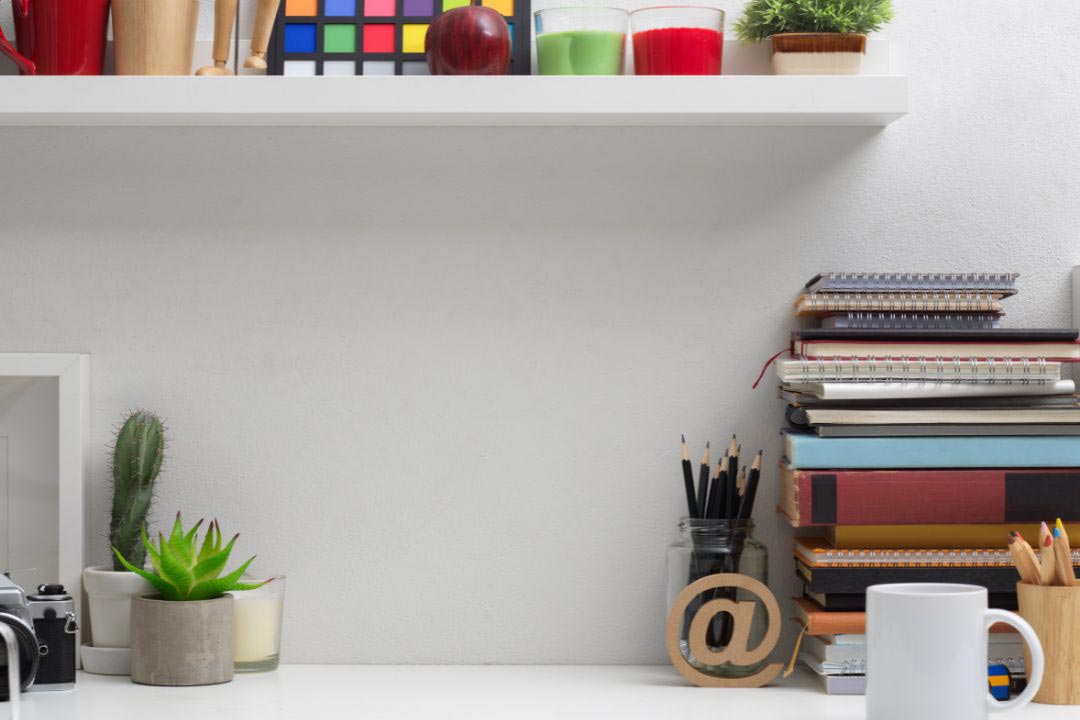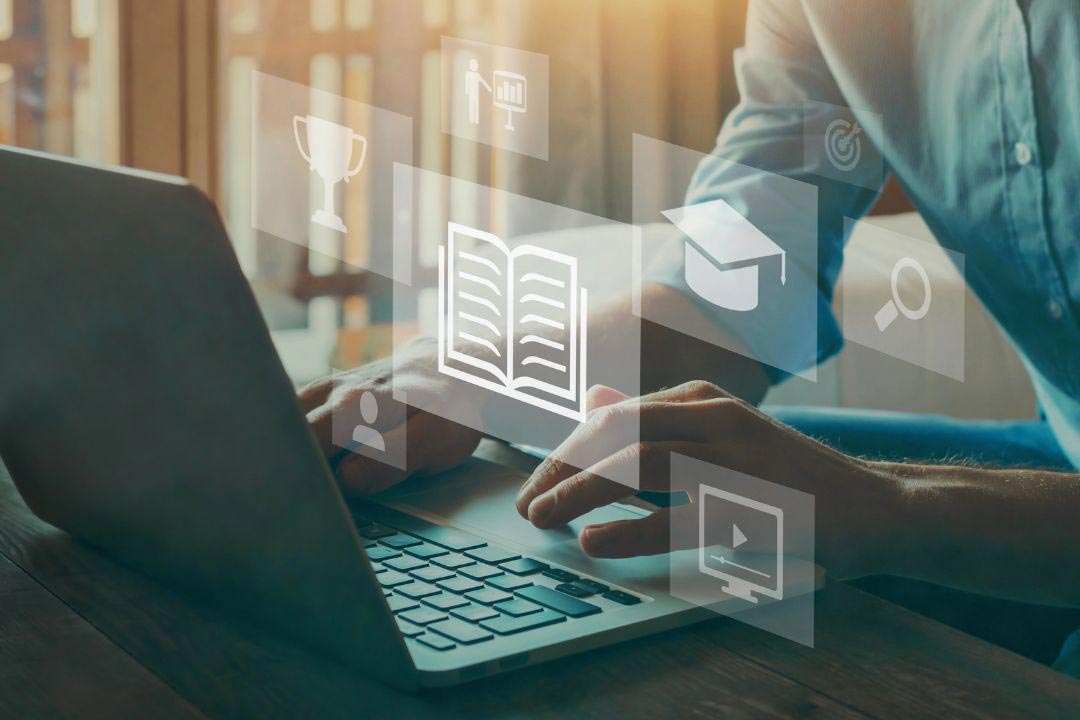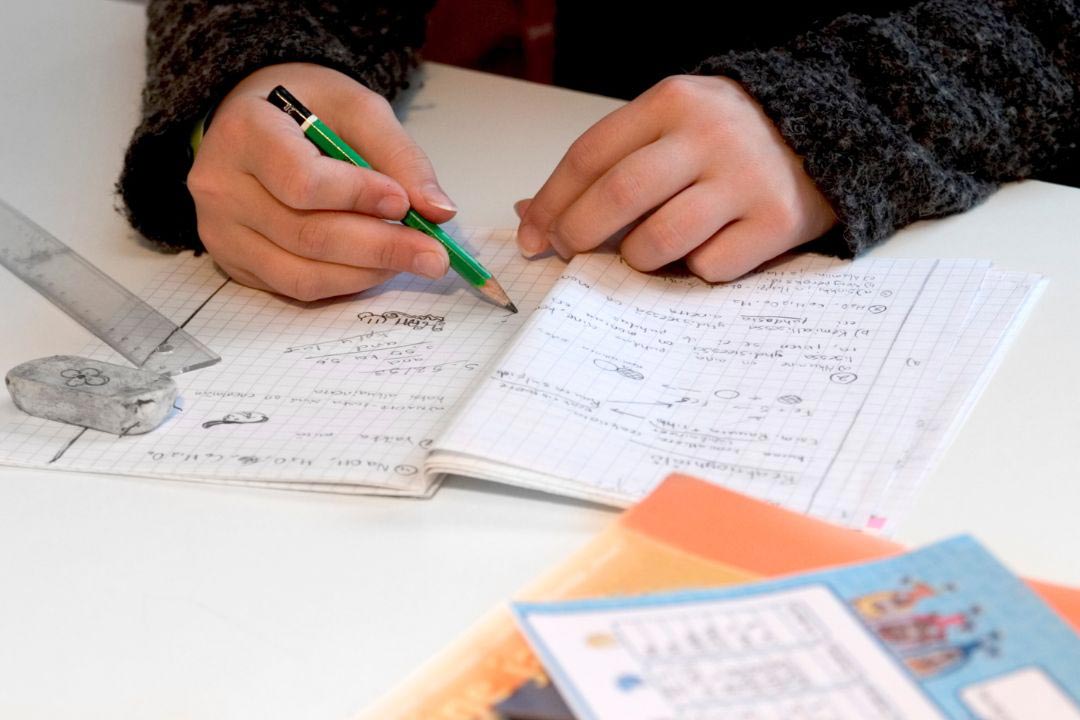
Best Place to Do Homework: Creating an Ideal Study Environment
- 1 Comments
It is essential to create the ideal study environment for effective learning and homework completion. Concentration, productivity, and overall academic performance can all be significantly impacted by the right study environment. In this blog post, we'll look at what makes a good study environment and where to do homework best. You can create a space that helps you focus more effectively and enhances your learning experience by implementing these suggestions.
Quiet and Distraction-Free Space
A space that is quiet and free of distractions is the first essential component of the ideal study environment. Choose a location where noise from other people or electronic devices can be kept to a minimum. Your ability to concentrate and remember information can be hampered by distractions. You might want to think about studying in a library, in your own dedicated home office, or in a quiet area of your house where you can work uninterrupted.
Ergonomic and comfortable seating
Sitting for a long time can be uncomfortable, which can cause physical discomfort or exhaustion. Make sure your study space has a chair that supports your posture and is comfortable. Comfortable seating prevents unnecessary distractions and helps you stay focused. Also, if you can, get a desk or table that's the right height so you can keep your posture straight and don't put too much stress on your neck and back.
Plenty of both natural and artificial lighting
The lighting in your study space is important for keeping your focus and reducing eye strain. Since it has been demonstrated that natural lighting improves mood and productivity, it is preferred. Place your study area close to a window to take advantage of natural light, which can also help you sleep better. Assuming regular light is restricted, supplement it with counterfeit lighting that is equitably circulated and gives sufficient splendor. Keep away from unforgiving or faint lighting, as it can prompt eye weariness and make it trying to peruse or think successfully.
Organized and Clutter-Free Space
Productivity can suffer and mental distractions can increase in a cluttered workspace. Decluttering on a regular basis and having specific storage for your materials will help you keep your study area organized. Keep your books, notebooks, and supplies in order by organizing them neatly with desk organizers, shelves, or folders. You will be able to concentrate on your tasks without being distracted by anything unnecessary in an environment that is neat and tidy.
Personalized Study Tools and Resources
Enhance your learning experience by customizing your study environment with individualized study tools and resources. Write down important reminders, notes, or to-do lists on a whiteboard or bulletin board. Make sure that important study guides, textbooks, and reference materials are easily accessible. Put things that inspire and motivate you in your study area, like pictures, quotes, or posters. Having these individual touches in your environment can help you feel more in control and make studying more fun.
Access to Technology and the Internet
Access to technology and the internet is often necessary for academic work in the digital age. Make sure that your study environment has a reliable internet connection and access to a computer or laptop. You can effectively use educational platforms, access online resources, and conduct research thanks to this. However, you should be aware of the possibility of being distracted by non-academic websites or social media. During your study sessions, you might want to think about using apps or website blockers to restrict access to distracting websites.
Conclusion
To get the most out of your time spent studying, you need to create the ideal environment. You can create a conducive environment that supports your learning and assists you by selecting a quiet space that is free of distractions, ensuring ergonomic seating, maximizing natural and artificial lighting, organizing your study area, personalizing it with study tools, and having access to technology and the internet.


<a href=https://mlgtesturamdtestv74.ru/>https://mlgtesturamdtestv74.ru/</a>
Elmerydow
2024-05-23 20:51:54